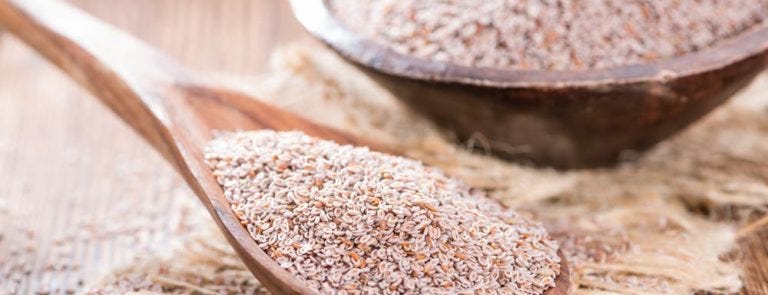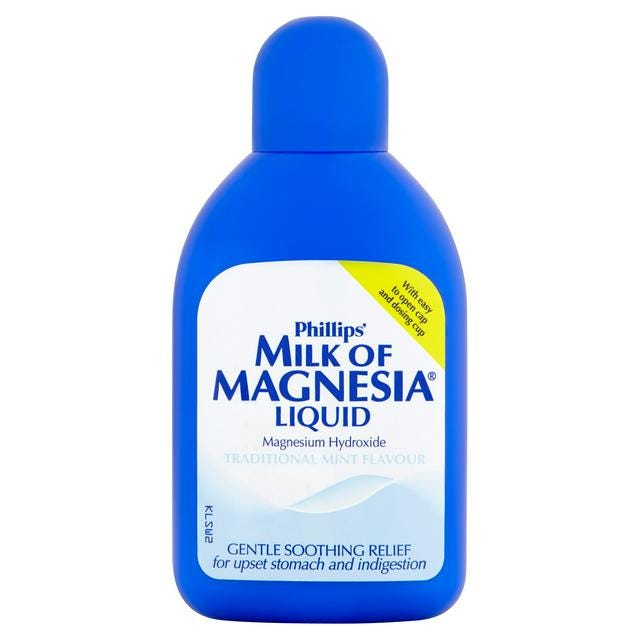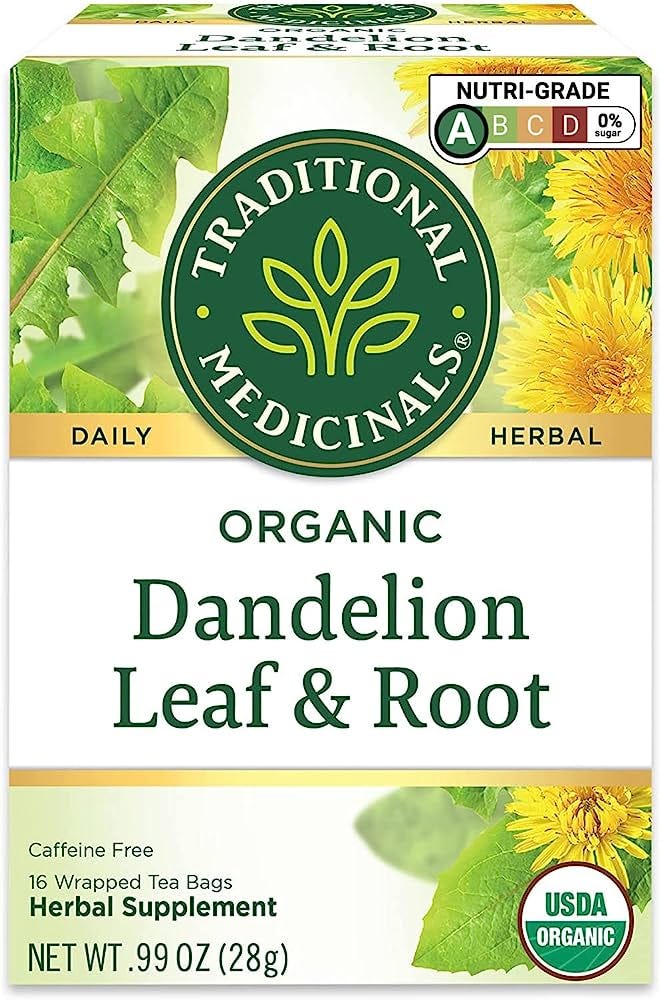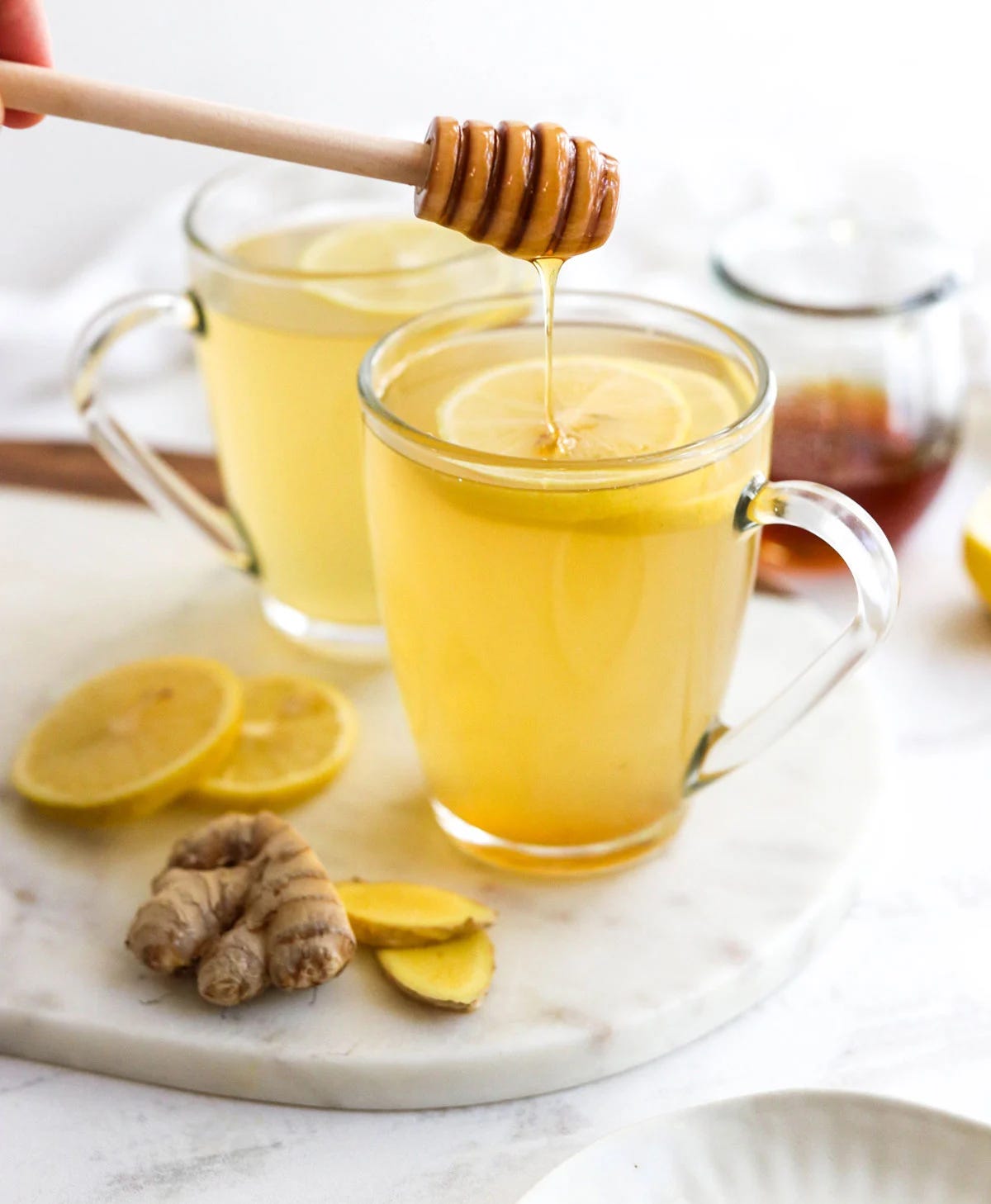Battling Constipation? 🤔 Let's Get Moving! 💪
Dietary Interventions & Herbal Remedies for the Rescue! 🌱💊
My first video on lifestyle changes to combat constipation reached over 100K views and almost 1000 shares (thank you!! 🙌) but I know some of you are still struggling.If you missed it here, you can watch below, we cover lifestyle changes to finally beat constipation 💩
🥦 SUMMARY- NUTRITION & LIFESTYLE 🎗
🥬 A. Supercharge Your Diet: Fiber Power! 💪
Embrace fiber superheroes like whole grains, fruits, veggies, legumes, nuts, seeds, popcorn, and avocados to power up your digestion and combat constipation. 🥦🍎🌾🍊🥦🌰🥜🍿🥑💪
💧 B. Hydration Hero
Get sipping 💦 Hydration is key to keeping your stool soft and easy to pass.
🏋️♀️ C. Move It, Move It
Regular exercise helps your intestines do their job. Let's get those muscles moving🏃♀️
🚽 D. Listen to Your Body
When nature calls, answer! 📞 Ignoring the urge can lead to constipation.
⏰ E. Regularity Rocks
Stick to a regular eating schedule. Routine is key! Your body (and gut) will thank you.🕰
If you're struggling with stubborn constipation that doesn't seem to be responding to lifestyle changes, this video is for you! Hit play below ⏬, and let's dive deep into the world of fiber supplements 🌾, herbal remedies 🌿, and the power of probiotics 🦠
Let’s dive in …
🍽️ A. Fiber Supplements
When your gut needs a little extra help to relieve constipation, fiber supplements can be just the right sidekicks[1]. These supplements work by adding more volume to your stool, helping it zip right through your intestines 🏎️💨
Here's the lowdown on some common types:
Psyllium Husk: Psyllium is like a sponge. It soaks up water in your gut, forming a soft, bulky stool that makes your bowels say, "let's move!"💨 You can find Psyllium in health food stores or online. Remember to drink plenty of water with it!
Methylcellulose (Citrucel): Methylcellulose is a synthetic fiber that assists with the stool's journey, helping both with constipation and diarrhea[3]. You can find it in pharmacies or online.
Inulin (Benefiber): Inulin, a type of soluble fiber found in many plants, can make your gut a happy place by promoting beneficial intestinal bacteria. Plus, it can help with constipation[4]. You can find Inulin in most pharmacies or online.
When it comes to fiber supplements, remember to start slow to avoid turning your stomach into a gas party 🎈and always pair them with plenty of water to avoid any potential blockages. As always, consult with a healthcare provider before starting new supplements[5].
🦠 B. Probiotics
Think of probiotics as the superheroes of your gut! They're live bacteria and yeasts that give a big boost to your digestive health. These little guys help maintain a healthy balance of gut bacteria, promoting better bowel regularity[6]🦠 Some studies suggest that specific probiotic strains like Bifidobacterium and Lactobacillus are like a dream team when it comes to easing constipation[7].
To incorporate more of these friendly bacteria into your diet, try adding fermented foods like yogurt, kefir, sauerkraut, kimchi, and kombucha into your meals. They're delicious and packed with these beneficial probiotics[8]! 🍲
🌿 C. Herbal Remedies
Here's the lowdown on some well-known herbs with their laxative properties, research-backed benefits, and tips for how to include them in your routine.
🌿 Senna Tea
This plant is the secret behind many over-the-counter constipation remedies! Senna contains compounds called sennosides, which stimulate your gut to contract, thus kickstarting those bowel movements. 🍃
A study in The Journal of Family Practice even confirmed that Senna is a safe and effective treatment for adults with chronic constipation. However, as Senna is a stimulant laxative, it should be used with caution and it's not recommended for individuals with gastrointestinal disorders or for long-term use. Try taking it before bedtime and let it work its magic overnight! 🌙
⚗️ Milk of Magnesia
AKA magnesium hydroxide, this OTC remedy is another star player in the battle against constipation! It works by drawing water into your intestines, making your stool softer and easier to pass.
Plus, it's often considered gentler on your system than stimulant laxatives like Senna, which can sometimes lead to abdominal cramping or discomfort. It's typically found in liquid form, but also available as tablets or capsules. Milk of Magnesia can be found in pharmacies or online💧
🌴Aloe Vera Juice
Known for soothing sunburns, this plant is rich in anthraquinones, specifically barbaloin, that stimulate the intestines and increase the water content in the bowel, helping to loosen stool.
In addition, it's packed with polysaccharides and enzymes that promote good digestion. 🌱 Start your day with some aloe vera juice on an empty stomach and you might find your gut thanking you. You can find aloe vera juice in health food stores or online💪
🌼 Dandelion Tea
What if we told you that a common "weed" could help get things moving? This "weed" contains a compound called inulin, a type of prebiotic fiber that encourages the growth of healthy gut bacteria.
Furthermore, it's a natural diuretic which can help increase your body's production of urine to aid digestion and alleviate bloating. Try brewing some dandelion tea once or twice a day. You can find dandelion tea bags in health food stores or online. 🌼
🍵Peppermint Tea
This herb is more than just a breath freshener! The primary compound in peppermint that aids digestion is menthol. Menthol has a relaxing effect on the smooth muscles of the gastrointestinal tract, which can help ease any discomfort and allow for easier bowel movements.
Additionally, peppermint is known for its antispasmodic properties, which can help to relieve abdominal pain and bloating associated with constipation. 🍃 Peppermint can be enjoyed as a refreshing tea or taken in capsule form. Both can be found in health food stores or online. 🍵
🫖 Ginger Tea
This spicy root has been used for centuries to aid digestion and it even has mild laxative effects. 🌶 Ginger contains a digestive enzyme called zingibain that helps in breaking down proteins and thus aids digestion.
The root is known for its warming effects which can stimulate circulation and increase the muscular contractions in the intestines, promoting movement of food through the digestive tract. 🌶Brew a cup of hot ginger tea (add some lemon and honey for extra yumminess!) to stimulate those bowel movements 🫖
⚠️Warning
Remember, while these remedies can be helpful, it's essential to use them wisely. Overusing laxatives can lead to not-so-fun things like electrolyte and fluid imbalances. As always, your healthcare provider is your best partner in health, so make sure to get their thumbs up before starting any new regimen!
🎉 CONCLUSION
Remember, you're not alone in this journey! Millions of people experience constipation, and it's totally manageable with the right approach. Take care of your body and it will take care of you! 💕
❗ DISCLAIMER
This report provides general advice. Always consult your healthcare provider before starting any new dietary regimen or herbal remedy 💎
Small Changes, Healthy Habits, Happy Lives 🌿🩺
Dr Adam Sayedi
📚 REFERENCES
Attaluri, A., Donahoe, R., Valestin, J., Brown, K., & Rao, S.S. (2011). Randomised clinical trial: dried plums (prunes) vs. psyllium for constipation. Alimentary Pharmacology & Therapeutics, 33(7), 822-828.
Slavin, J. (2013). Fiber and Prebiotics: Mechanisms and Health Benefits. Nutrients, 5(4), 1417–1435.
Burkitt, D.P., Walker, A.R., & Painter, N.S. (1972). Effect of dietary fibre on stools and the transit-times, and its role in the causation of disease. Lancet, 2(7792), 1408-1412.
Gibson, G.R., & Roberfroid, M.B. (1995). Dietary Modulation of the Human Colonic Microbiota: Introducing the Concept of Prebiotics. Journal of Nutrition, 125(6), 1401–1412.
Dahl, W.J., Stewart, M.L. (2015). Position of the Academy of Nutrition and Dietetics: Health Implications of Dietary Fiber. Journal of the Academy of Nutrition and Dietetics, 115(11), 1861-1870.
Hill, C., Guarner, F., Reid, G., Gibson, G.R., Merenstein, D.J., Pot, B., Morelli, L., Canani, R.B., Flint, H.J., Salminen, S., Calder, P.C., & Sanders, M.E. (2014). Expert consensus document. The International Scientific Association for Probiotics and Prebiotics consensus statement on the scope and appropriate use of the term probiotic. Nature Reviews Gastroenterology & Hepatology, 11(8), 506–514.
Dimidi, E., Christodoulides, S., Scott, S.M., Whelan, K. (2014). Mechanisms of Action of Probiotics and the Gastrointestinal Microbiota on Gut Motility and Constipation. Advances in Nutrition, 8(3), 484-494.
Swain, M.R., Anandharaj, M., Ray, R.C., Parveen Rani, R. (2014). Fermented fruits and vegetables of Asia: a potential source of probiotics. Biotechnology Research International, 2014, 250424.
Gibson, G.R., Hutkins, R., Sanders, M.E., Prescott, S.L., Reimer, R.A., Salminen, S.J., Scott, K., Stanton, C., Swanson, K.S., Cani, P.D., Verbeke, K., & Reid, G. (2017). Expert consensus document: The International Scientific Association for Probiotics and Prebiotics (ISAPP) consensus statement on the definition and scope of prebiotics. Nature Reviews Gastroenterology & Hepatology, 14(8), 491-502.









